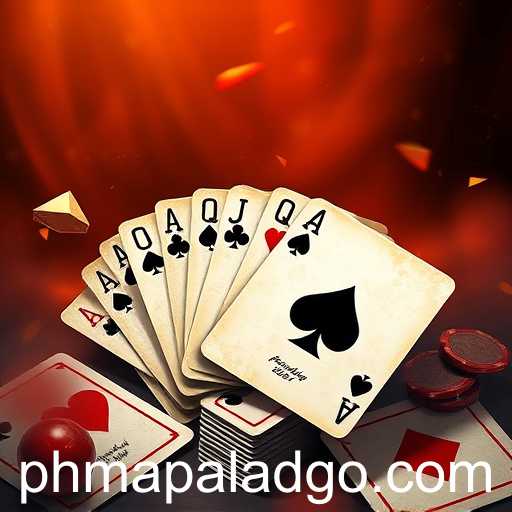Exploring the impact and current trends of digital puzzle games on learning and entertainment.
In recent years, digital puzzle games have become an integral part of both entertainment and educational domains. Amongst these, 'PHMAPALAD' has emerged as a noteworthy keyword associated with an innovative English game website, captivating the gaming community globally.
This trend reflects broader societal shifts towards online gaming as a medium for cognitive development and stress relief. In 2025, the puzzle game genre continues to experience exponential growth, driven by advances in technology and an ever-increasing demand for mind-engaging activities.
One significant development in this space is the integration of educational themes into gaming. Platforms like PHMAPALAD have harnessed this potential, creating games that challenge players intellectually while providing entertainment. These games often incorporate problem-solving scenarios, critical thinking elements, and narrative structures that require strategic planning.
Reports indicate that the demographic of puzzle game enthusiasts is diversifying. The blend of educational content with interactive gameplay appeals to a wide audience, from young learners developing language skills to adults seeking mental stimulation and relaxation. This inclusivity is reshaping the market, encouraging developers to explore novel concepts and dynamic storytelling techniques.
Moreover, the communal aspect of online games, enhanced by forums and social media platforms, has created vibrant communities where players exchange strategies, tips, and experiences. These dynamics promote sustained engagement, with players returning not only for personal achievement but also for social interaction.
The success of platforms like PHMAPALAD underscores the industry's adaptability and its ongoing evolution. As we progress further into this digital era, the synergy between learning and play continues to redefine how we perceive the role of games in personal and educational contexts.




